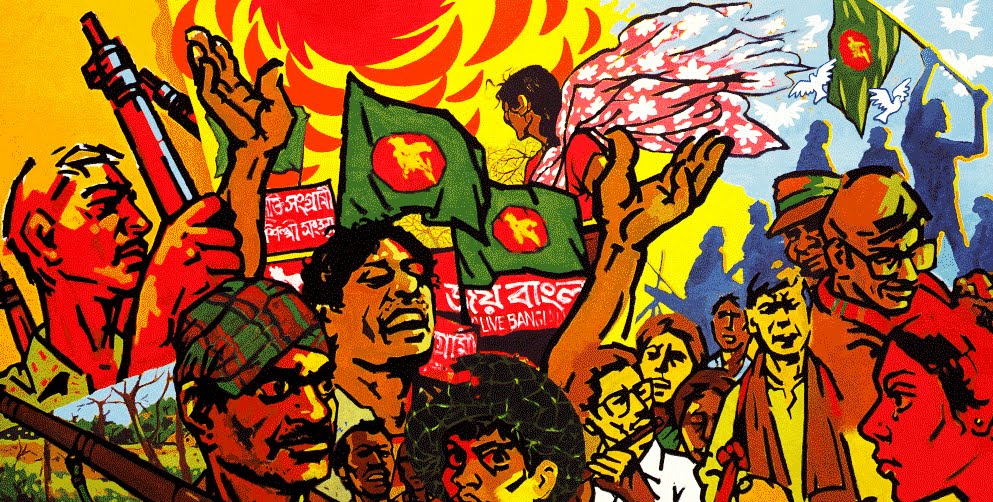A new global ranking of climate change finds most Asian countries including Bangladesh, India, Philippines, Vietnam and Pakistan will face the greatest risks to their populations, ecosystems and business environments.
The index rates 16 countries as ‘extreme risk,’ including nations that represent new Asian economic power and possess significant forecasted growth. The highest risk categories are major contributors to the ongoing global economic recovery and are vital to the future expansion of Western businesses in particular, which worries environmentalists.
The new Climate Change Vulnerability Index released by global risks advisory firm Maplecroft recently, which enables organizations to identify areas of risk within their operations, supply chains and investments.
Principal Environmental Analyst at Maplecroft, Dr Matthew Bunce said that over the next 30 years their vulnerability to climate change will rise due to increases in air temperature, precipitation and humidity.
Maplecroft rates Bangladesh as the most at risk due to extreme levels of poverty and a high dependency on agriculture, whilst its government has the lowest capacity of all countries to adapt to predicted changes in the climate.
In addition, Bangladesh has a high risk of drought and the highest risk of flooding. This is illustrated during October 2010, when 500,000 people were driven from their homes by flood waters created by storms.
However, despite the country’s plethora of problems, the Bangladesh economy grew 88 percent between 2000 and 2008 and is forecast to by the IMF to grow 5.4 percent over 2010 and up to 6.2 percent over the next five years.
According to Maplecroft, the countries with the most risk are characterized by high levels of poverty, dense populations, exposure to climate-related events; and their reliance on flood and drought prone agricultural land.
Throughout 2010, changes in weather patterns have resulted in a series of devastating natural disasters, especially in South Asia, where heavy floods in Pakistan affected more than 20 million people (over 10 percent of the total population) and killed more than 1,700 people, said Environmental Analyst at Maplecroft, Dr. Anna Moss.
Saleem Samad, an Ashoka Fellow is an award winning investigative journalist based in Bangladesh. He specializes in Jihad, forced migration, good governance and elective democracy. He has recently returned from exile after living in Canada for six years. He could be reached at saleemsamad@hotmail.com













